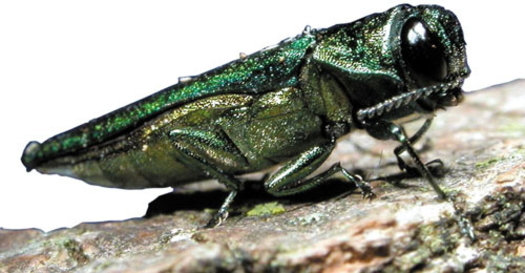CHARLESTON, W.Va. — While most people continue to stay home during the COVID-19 pandemic, the U.S. Department of Agriculture says it’s a good time to check for invasive pests in your yard.
The agency has identified 20 species of so-called hungry pests that damage trees and plants and are easily spread by humans, according to Samantha Simon, executive director of emergency and domestic programs with the USDA .
Simon says folks in Maryland and West Virginia need to look out for the emerald ash borer beetle, the European gypsy moth and the spotted lanternfly.
“The spotted lanternfly is a hitchhiker, a fantastic hitchhiker, and it can be spread long distances by people, whether it’s on people themselves, moving in your vehicles or if it’s through items that may contain the egg masses, which they’ve laid,” she points out.
Simon advises checking any outdoor furniture for evidence of pests, and inspecting trees for unusual foliage or if you notice that their leaves aren’t thriving. If you suspect something’s wrong, visit the USDA’s Hungry Pests website for more information.
The United Nations has declared 2020 the International Year of Plant Health to raise awareness about the devastating impact that invasive pests have on the world’s environment, food security and economy.
Simon stresses it’s an unprecedented global effort.
“Each year, the U.N. estimates that we have about a 40% loss in our food crops due to invasive pets,” she states. “And so, we want to highlight the issue, and we want to make sure that people understand that they play an important role in preventing the spread of invasive pests.”
Simon points out that destructive insects and plant diseases cost the U.S. an estimated $40 billion each year in damages to trees, crops and other plants.

